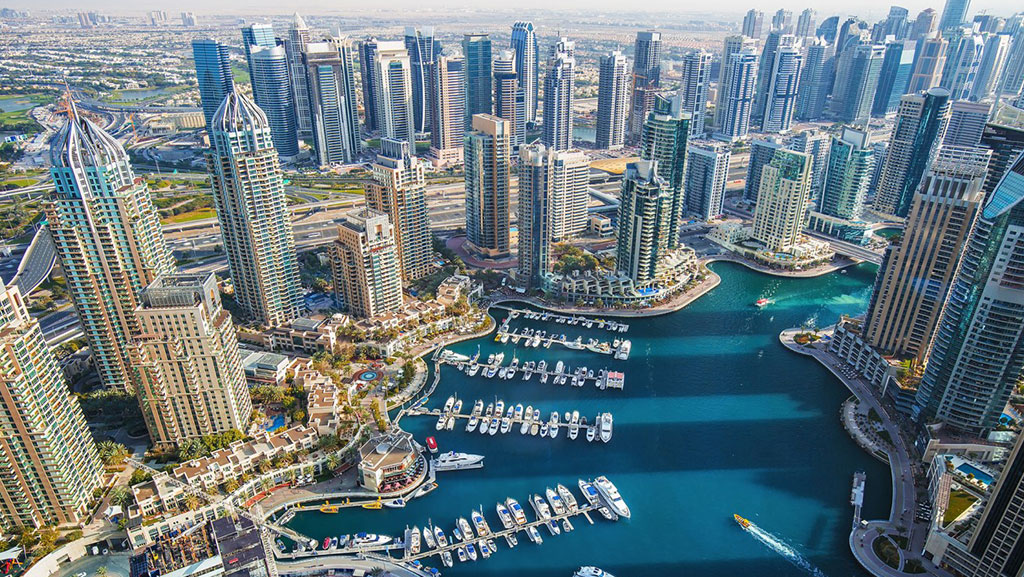Dubai Holiday Homes Need More Room to Flourish

A limiting conditions of any kind in terms of locations or choice will harm those chances:
Short-term rental accommodation, or Dubai holiday homes, has been a hot topic of discussion over the past couple of weeks, first because of Emaar Properties’ entry into the space with its short-term rentals platform Ease by Emaar, followed by the developer banning such stays in its Downtown Dubai community.
Apart from the fact that the move comes towards the end of summer when operators are gearing up for a high-traffic season, there was little time between the announcement and the deadline for implementation. The Department of Tourism and Commerce Marketing, which has regulated this market in 2014, has not yet issued an official perspective.
The “sharing” economy
The sharing economy is taking off with services like co-living, co-working and ride-sharing changing the way of life. These services are at the heart of the digital revolution, a cause that Dubai seeks to champion as it strives to become the smartest city in the world. Also, as millennials and Gen Z make up a higher proportion of consumers, it is increasingly important to cater to their preferences of lower prices, convenience and flexibility — key features of a sharing economy.
Not just for overseas visitors

Apart from tourists, who are attracted to the prospect of having a wider array of accommodation to choose from, regional and global corporate who bring their executives on a short- or long-term basis to business hubs like Dubai are another important target group for short-term rental providers. The Expo 2020 will likely further attract business visitors to the emirate, translating to a spike in demand for temporary, if not permanent, housing.
Add to this, the government’s target of 20 million visitors to Dubai by 2020, and the potential for expansion in the market becomes even clearer.
A bonanza for landlords
In a market which has struggled with low rents and property values for months now, landlords will naturally look for ways to optimize the income-generation ability of assets. Short-term rentals thus prove to be a lucrative option for landlords as they serve as the interim solution for residents until they transition to a long-term rental scenario.
Our clients too are exploring converting residential buildings, either entirely or partially, into holiday homes to benefit from higher yields offered by this segment of the market.
Favorable Numbers
The numbers also point to the direction of growth. According to figures from short-term rental data provider AirDNA, between June 2018 and June 2019, active home listings in Dubai grew 69.5 per cent, compared to a 7 per cent growth in hotel rooms during the same period.
With Airbnb launching an Arabic website, and investment firms such as IBC Group announcing plans to furnish and manage 10,000 premier holiday homes in Dubai, operators and investors alike are betting big on the space.
Sources : Most of the information is from Gulf News
